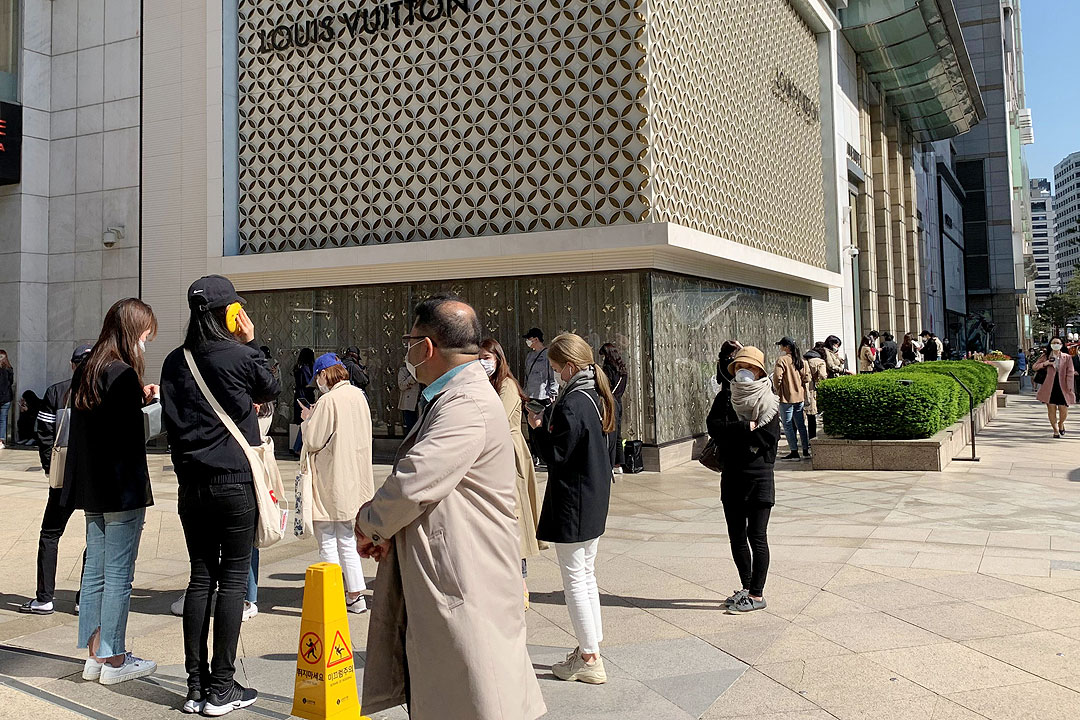Southeast Asia’s road to recovery
BEFORE the COVID-19 pandemic struck, Southeast Asia had been a global success story in fostering growth and reducing poverty. The pandemic abruptly reversed those gains, casting 4.7 million more people into dire poverty in 2021 and leading to 9.3 million fewer jobs created in the same year, compared with a no-COVID scenario. While green shoots of recovery are starting to appear, the region’s aggregate output this year is projected to remain at least 10% below what would be expected in the absence of COVID-19.
At this crucial juncture, it is imperative for countries to address rising income inequality, and ensure this trend does not become the region’s “new normal.” Rising inequality is a bane to growth and erodes the backbone of society. It creates disincentives for lower-skill workers, diminishing labor productivity. It impedes education and skills development for those lacking sufficient income or credit. Rising inequality also undermines social cohesion.
As the region continues laying the groundwork for recovery, a new Asian Development Bank (ADB) study, “Southeast Asia: Rising from the Pandemic,” advises leaders to adopt a series of important policy measures that can spur recovery, and better ensure that Southeast Asia’s rejuvenation in the wake of COVID-19 benefits all.
Countries need to significantly bolster investment in national health systems to improve core healthcare capacities, improve surveillance, ensure continued availability of adequate medical supplies, and enhance preparedness for future pandemics. The ADB study shows that an increase in countries’ health investment to about 4.8% of gross domestic product, up from the 2021 average of 3% of GDP, would deliver a 1.5% percentage point uptick in economic growth. Stronger healthcare investment would reduce disease burdens, and lead to higher labor participation rates and enhanced productivity in the workplace. Countries should also consider putting universal healthcare frameworks in place to ensure that no one is left behind.
In parallel, countries should aggressively pursue structural reforms that can improve productivity and competitiveness, including increased investment in human capital. In the wake of the pandemic, accelerated digitalization, a massive reallocation of jobs across sectors, and a growing number of jobs requiring workers with technical skills have resulted in large skills gaps. A recent APEC (Asia-Pacific Economic Cooperation) survey on digital skills gaps reveals that 75% of employers are seeing significant skills mismatches for those entering the workforce. Greater investments are needed to create a future workforce that is better equipped to support a modern economy. This involves substantial improvements in education systems, programs supporting workplace apprenticeship and training, and incentives for reskilling and upskilling. To enhance competitiveness, countries can remove trade barriers to improve efficiency and productivity, reduce red tape, improve logistics, and support the modernization of small enterprises through technology adoption and incubation.
Policymakers in the region also need to strengthen macroeconomic fundamentals, and maintain fiscal prudence in managing debts as they finance recovery. Large COVID-19 response packages have dramatically enlarged fiscal deficits and debt levels in Asia. In 2020, developing Asia’s pandemic response amounted to $3.8 trillion, almost doubling the fiscal deficit-to-GDP ratio in the region from 5% in 2019 to 9.8% in 2020. As Southeast Asia emerges from the pandemic, countries need to correct existing economic and financial imbalances, and help cushion possible future shocks by maintaining sufficient international reserves and policy space.
Finally, as countries focus on accelerating economic recovery, it is essential that they don’t simply return to business as usual. This crisis presents an opportunity to expand green investments and lay the groundwork for a greener economy. Policies should be redesigned to protect rivers and oceans and to support countries’ switch to cleaner fuels. The public and private sectors should more closely collaborate on minimizing the environmental impacts of industry through more active recycling and reuse of materials. Tax policies should incentivize carbon emissions reduction. Recovery plans should also promote green infrastructure investments, which are good for the environment and a major creator of growth and jobs. To support the region’s climate goals, ADB is working with regional and international partners to cut back on coal power through the innovative Energy Transition Mechanism and Green Recovery Platform.
In tandem, this people-centered approach to recovery can help create more productive jobs, particularly in hard-hit sectors like transport, hospitality, and tourism. It can help restore productivity trends in Southeast Asia, which were reversed due to COVID-19.
Two years after the start of the pandemic, Southeast Asia is beginning to recover with more buoyant growth, and countries are intensifying their push to build back better. While strong headwinds remain, there is reason for hope. If countries increase investments in health, structural reforms, and a green economy, while maintaining fiscal prudence, they can return Southeast Asia to prosperity, and usher in a new era of revitalization for the region.
Ramesh Subramaniam is the director general of the Southeast Asia Department of the Asian Development Bank.













